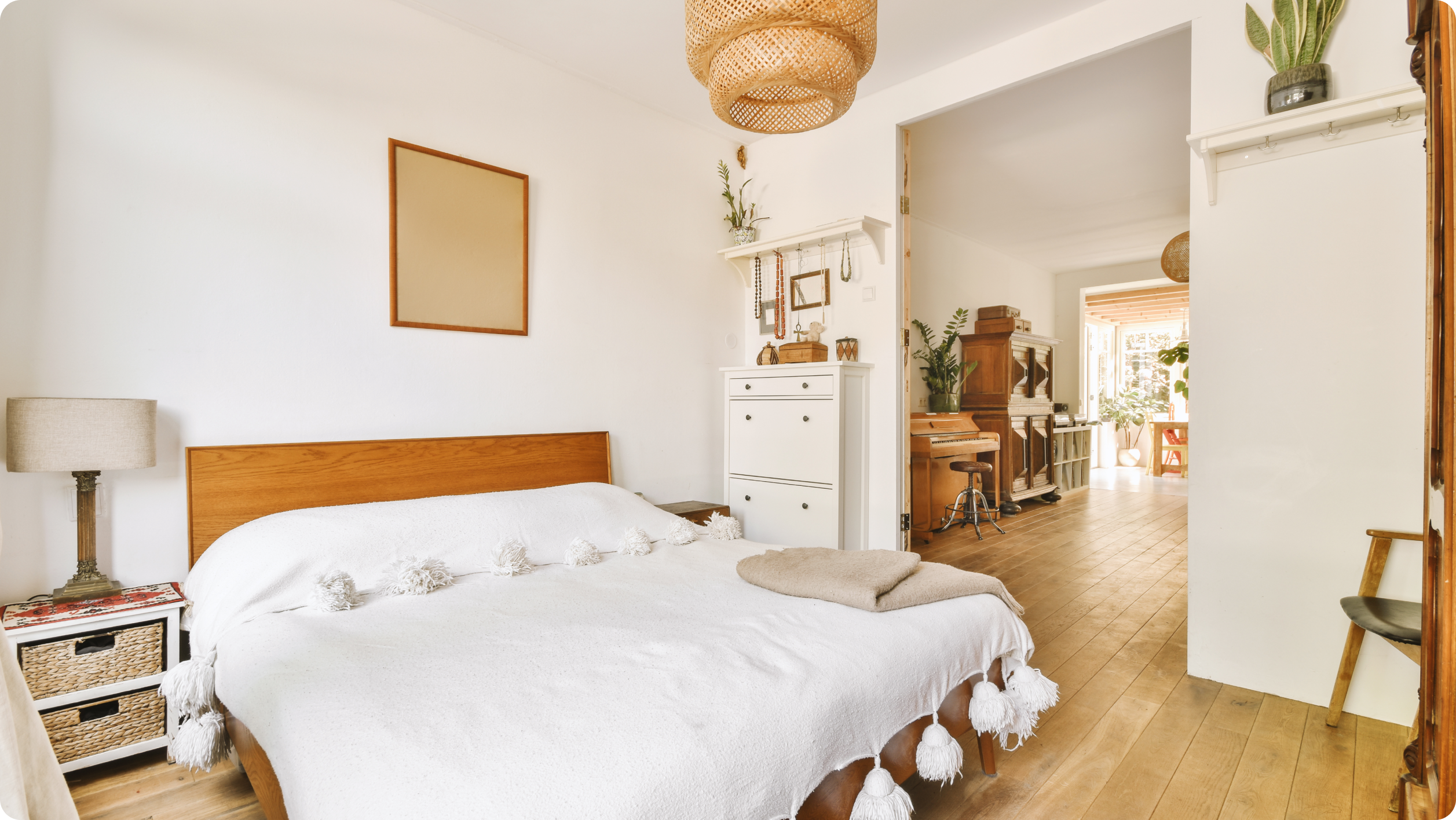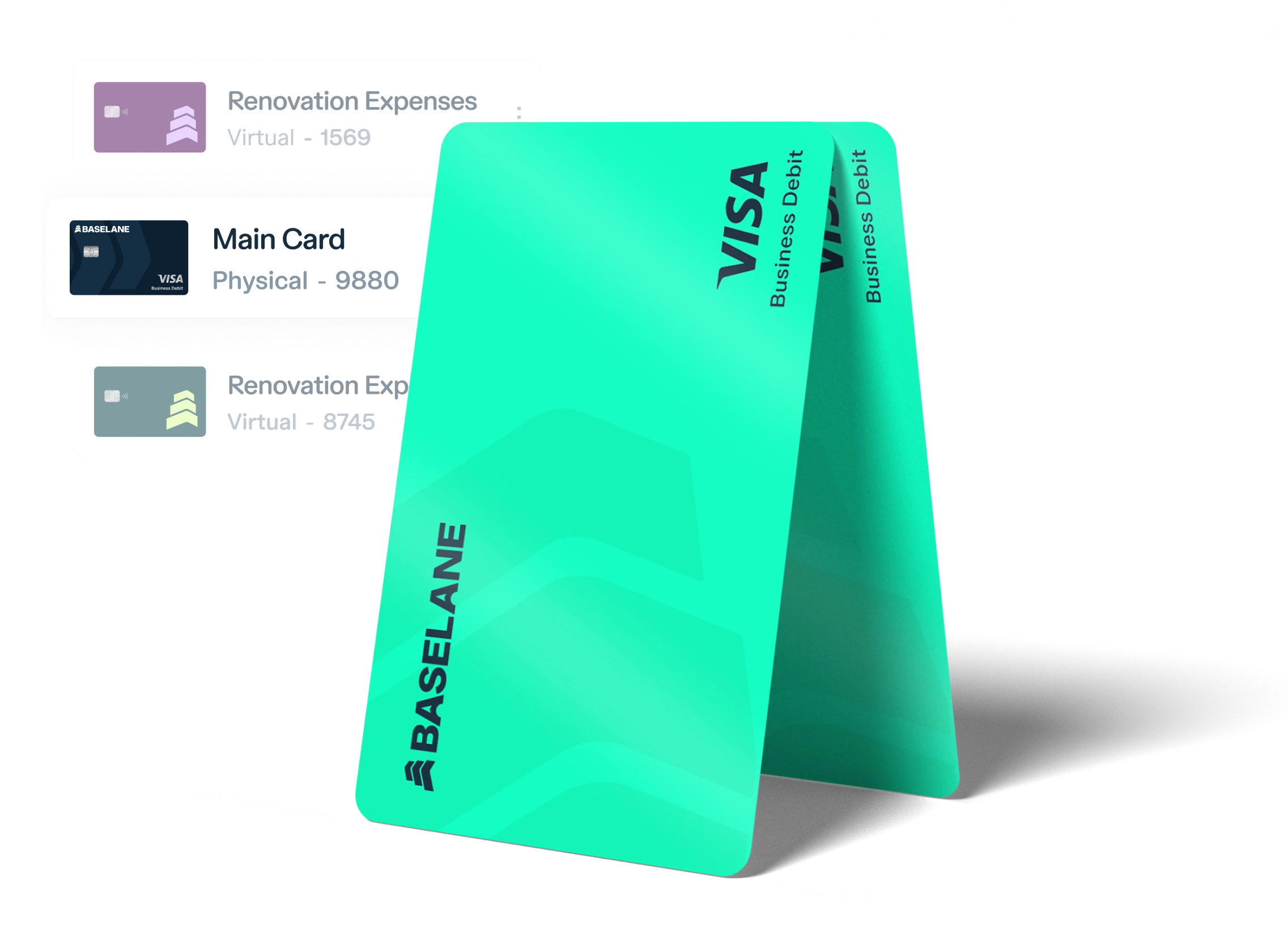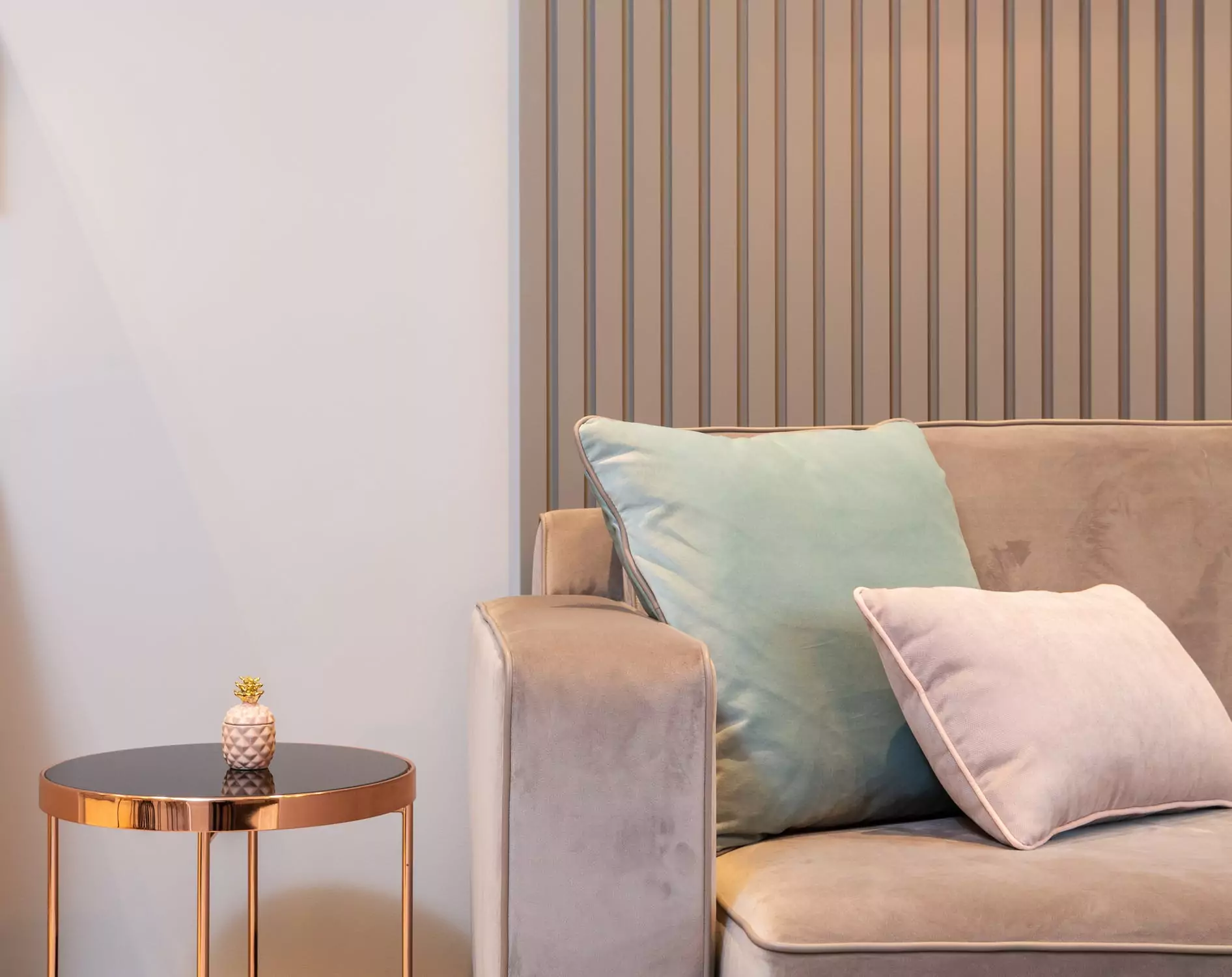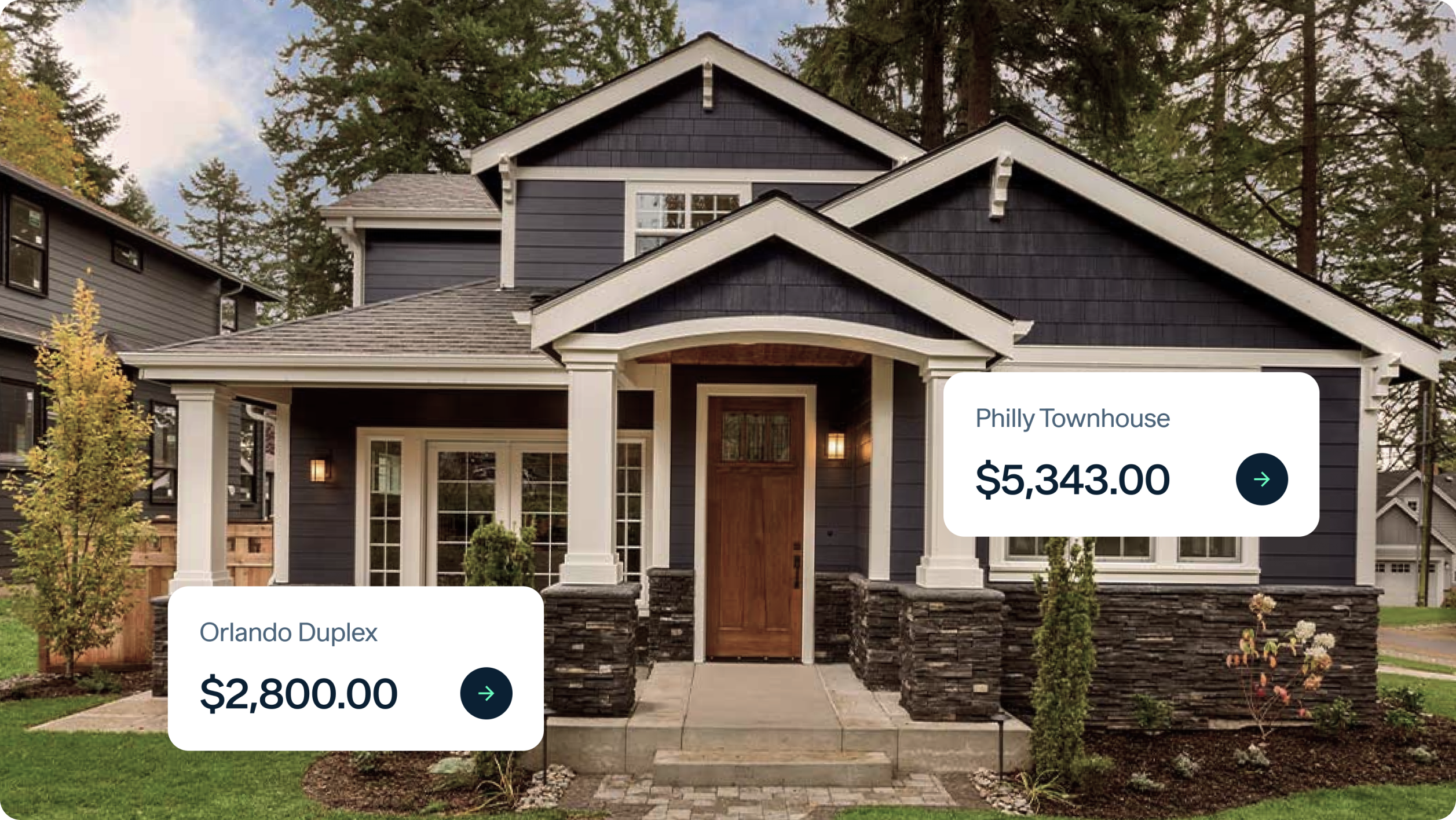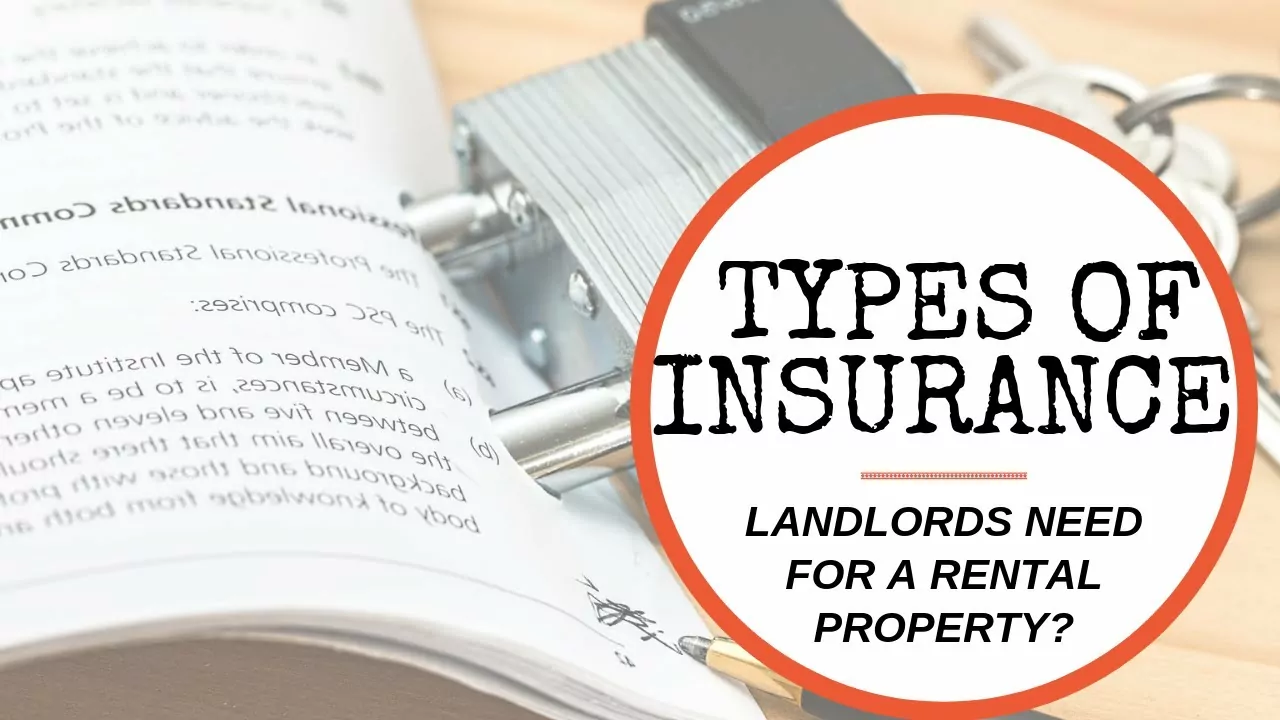According to data from SpareRoom, room rental prices are rising significantly. Some of the most expensive cities for renting a room include New York at $1,540, Los Angeles at $1,332, and the San Francisco Bay Area at $1,338. Other cities like Miami and Chicago also show notable figures, with rents at $1,280 and $1,156, respectively.
The upward trend continues with 83% of major cities experiencing record rent increases in 2024 despite demand cooling to 2.9 renters per available room, down from 6.9 in 2021, indicating market stabilization after the post-pandemic surge.
Before turning the unused space in your house into a steady stream of income, you need to know how to approach this strategy to ensure you’re complying with local laws and protecting your property.
This comprehensive guide covers how much to charge for rent, what to ask when renting a room, room-for-rent lease agreement terms, and other essential rules for renting a room in a house.
Key takeaways
- Room rentals can generate significant income: With average rents ranging from $900 to over $1,500/month in major U.S. cities, renting out a spare room can offset housing costs and increase cash flow.
- Legal compliance is crucial: Landlords must follow local zoning laws, lease agreements, occupancy limits, and state-specific landlord-tenant regulations before listing a room.
- Clear lease agreements and house rules protect both parties: A written contract outlining rent terms, guest policies, and shared space expectations helps avoid disputes and ensures a smooth co-living experience. Pairing this with an app to split rent payments can further streamline responsibilities and reduce misunderstandings among roommates.
- Proper tenant screening reduces risk: Conducting background checks, verifying income, and checking references helps landlords avoid unreliable renters and potential property damage.
- Baselane simplifies room rental finances with built-in banking, rent collection, and automated expense tracking to help you stay organized and maximize deductions.
Open unlimited accounts per property that earn up 3.35% APY² with no monthly fees.
Pros of renting out a room
- Extra income: Earn extra cash to help cover your mortgage, utility bills, or other monthly expenses. For example, in cities like Chicago, a spare room could easily bring around $1,000 a month.
- Make the most of your space: An empty room or unused space can be a source of income, generating $900 on average.
- Shared costs: Tenants often share expenses like utilities, internet, and even household supplies, so you’re not shouldering all of these costs alone.
- Tax breaks: Renting a room opens the door for some tax benefits and helps you minimize your rental property taxes. You could deduct part of your mortgage interest, property taxes, or maintenance costs.
- Social interaction: If you’re living alone, renting a room can be a great way to bring in some company. Having a tenant might help reduce feelings of isolation, especially if you enjoy having someone around.
- Help with chores: Some tenants are happy to pitch in with household tasks like cleaning or yard work (if you agree to upfront), making your daily life a little easier.
- Flexible leases: Short-term or month-to-month leases offer flexibility to end the arrangement if needed without being locked into a long-term commitment.
- Offset rising costs: With nearly 50% of renters spending 30% or more of their income on rent and utilities, splitting costs with a roommate can help alleviate this financial burden.
- Better home security: An extra person in the house can reduce the chances of a break-in since there’s almost always someone there.
- Cultural exchange: Renting to someone from a different background is a great way to learn about different cultures, share experiences, and broaden your horizons, all while earning some extra income.
Cons of renting out a room
- Less privacy: Renting out a room means you’ll have to share your space, which can lead to less privacy, especially in shared areas like the kitchen or living room.
- Potential conflicts: Living with a tenant can sometimes lead to disagreements. Issues like house rules, noise levels, or cleanliness might pop up, especially if you and your tenant have different expectations. It’s something to be mindful of when sharing your home.
- Wear and tear: With an extra person in the house, furniture, appliances, and utilities can wear out more quickly. More foot traffic means more cleaning, and everyday use, particularly in high-traffic areas like bathrooms or kitchens, can take a toll.
- Unreliable tenants: Not every tenant will be a perfect fit. Some may struggle with paying rent on time, break house rules, or cause other issues that can lead to stress or even financial strain. Here’s a guide on how to rent out a room in your house and choose tenants.
- Legal responsibilities: When renting a room, you take on certain legal responsibilities, including maintaining the property and possibly going through a formal eviction process if things don’t work out. It’s important to understand landlord-tenant laws, which vary from state to state.
- Insurance issues: Renting a room could raise your homeowner’s insurance rates, or you may need to get additional coverage. Be sure to check with your insurer to ensure you’re fully covered in case of accidents or damage. Check out our guide on what types of insurance landlords need.
- Security concerns: Renting to someone you don’t know well can pose security risks. Without thorough tenant screening, you might end up with someone who doesn’t respect your home or personal belongings. It’s always good to do a background check and set clear boundaries.
- Zoning or HOA restrictions: Certain areas or homeowner associations (HOAs) might have rules that restrict renting out rooms. For instance, some neighborhoods in Los Angeles or New York have zoning laws that prevent short-term rentals, so it’s worth checking before listing your space.
- Tax implications: Income from renting a room is taxable, and you must report it to the IRS. Failing to report it correctly can lead to legal issues, so ensure you’re handling it properly.
- Shared spaces can be a hassle: Sharing spaces like the kitchen, bathroom, or living room may take some getting used to. You might find that your routine gets adjusted to accommodate your tenant, especially during peak times like mornings or evenings when everyone needs to use the bathroom or kitchen.
Must-know rules for renting a room in your home
The rules for renting a room depend on landlords’ personal preferences, while some are set by state law. Here is a detailed overview of house rules for room renters and landlords.
Legal and administrative rules for renting a room
When renting a room, certain legal and administrative guidelines ensure a smooth and respectful living arrangement for both tenants and landlords. Here are the key aspects:
- Renters must sign a room-for-rent lease agreement before moving in.
- Rent is due on the agreed-upon date each month.
- Late rent may incur daily or flat fees based on local regulations. For example, in New York, a landlord can charge 5% of the monthly rent or $50 (whichever is lower) as a late fee after a 5-day grace period).
- Security deposits will be held for damages and refunded per state laws.
- Landlords must comply with local zoning and housing regulations.
- Renters must provide valid identification and references before approval.
- Subletting the rented room is strictly prohibited without the consent of the landlord.
- Tenants must notify the landlord of their intent to move out as per the agreement (generally 30 days).
- It’s essential to conduct property inspections with proper notice. (24-48 hours before the scheduled inspection)
- Any illegal activity on the premises is grounds for eviction. For example, in California, the landlord can ask for eviction based on illegal activities after issuing a 3-Day Notice to Quit.
- Renters must have renter’s insurance for personal property which is usually $15-$20 a month.
General house rules
Living in a shared home means following rules for common areas like the kitchen, laundry room, and living room. Here are specific guidelines:
Access to shared spaces
Living in a shared home means following rules for common areas like the kitchen, laundry room, and living room. Here are specific guidelines:
Kitchen usage rules for tenants
- Clean up immediately after using the kitchen.
- Label and store personal food in designated areas.
- Do not use other tenants’ food or cooking supplies without permission.
- Wash and put away dishes after use.
- Dispose of food waste in designated bins.
- Limit cooking during quiet hours to minimize noise.
- Shared appliances must be used with care (e.g., oven, microwave).
- Do not leave appliances running unattended.
- Keep the kitchen counters and sink clear of clutter.
- Report broken appliances to the landlord immediately.
Laundry room rules for shared households
- Laundry times must be scheduled if shared with other tenants.
- Remove clothes from machines promptly after washing or drying.
- Do not overload the machines.
- Use your own laundry detergent and supplies.
- Clean the lint trap after each use of the dryer.
- Do not wash or dry inappropriate items (e.g., heavy rugs).
- Report any machine issues to the landlord immediately.
- Do not leave personal items in the laundry room.
- Only use the machines during designated hours.
- Keep the laundry area clean and organized.
Living room rules
- Shared living room use must respect quiet hours.
- Clean up personal items after using the living room.
- Do not rearrange furniture without permission.
- Shared electronics (e.g., TV) must be used responsibly.
- Do not monopolize the living room for extended periods.
- Guests must not use the living room without prior approval.
- Eating in the living room is only allowed if cleaned up afterward.
- Smoking, vaping, or using candles is not allowed in the living room.
- Limit the use of shared decorations or furniture for personal needs.
- Turn off electronics when leaving the living room.
Dining room rules
- Clean the dining table after each use.
- Do not leave personal items on the table or chairs.
- Shared dishes or utensils must be cleaned after use.
- Eating in the dining room is only allowed during designated times.
- Do not host guests for meals without prior approval.
- Keep noise levels low during meal times.
- Report broken furniture or tableware immediately.
- Respect the use of shared decorations (e.g., tablecloths).
- Use coasters or placemats to prevent damage to surfaces.
- Store shared dining items in their proper place.
Bathroom usage rules
- Keep the bathroom clean and tidy after use.
- Do not leave personal items outside of designated storage areas.
- Limit shower time during peak hours.
- Dispose of toiletries and hygiene products properly.
- Replace shared items (e.g., toilet paper) when used up.
- Do not flush inappropriate items down the toilet.
- Report leaks or plumbing issues promptly.
- Guests should not use shared bathrooms without prior approval.
- Leave the bathroom door open when not in use.
- Use a fan or open a window to prevent moisture buildup.
Rules for garden and outdoor spaces
- Keep outdoor spaces tidy and clean.
- Do not leave personal items or trash in the garden.
- Outdoor grilling or cooking requires prior approval.
- Smoking is only allowed in designated outdoor areas.
- Pets in outdoor spaces must follow established guidelines.
- Limit noise levels in the garden to respect neighbors.
- Do not alter landscaping or plants without permission.
- Shared outdoor furniture must be left clean after use.
- Report any damage to outdoor spaces immediately.
- Use outdoor spaces during designated hours only.
Select a bank that meets your state’s criteria for landlord escrow accounts. Some states, like Delaware, require landlords to use a federally insured financial institution. Look for an account with no monthly fees, easy access, and clear record-keeping.
Safety and emergency rules
Tenant safety is paramount, and setting these rules will ensure everyone’s well-being:
- Landlords must follow fire safety regulations, providing functional smoke detectors and fire extinguishers in rental spaces. However, there can be exceptions in different states. For example, in New York, FDNY regulations do not mandate fire extinguishers in every apartment, but they are required where there’s fuel-burning equipment.
- Landlords must provide and maintain clear emergency exits, ensuring stairways, fire escapes, and self-closing doors are unobstructed and functional.
- Do not block hallways or exits with personal items.
- Report any safety hazards immediately to the landlord.
- Do not tamper with smoke detectors or fire extinguishers.
- Follow all guidelines for using electrical outlets safely.
- Keep flammable materials stored properly.
- Notify the landlord immediately in case of accidents or injuries.
- Use locks responsibly to maintain security for all occupants.
- Do not share house keys or access codes with unauthorized individuals.
- Participate in any scheduled safety drills.
Rules for respecting cohabitation
Living with others requires mutual respect and cooperation, and it’s important to consider the following aspects.
- Address conflicts respectfully and communicate concerns directly.
- Be considerate of others’ privacy and personal space.
- Do not use another tenant’s belongings without permission.
- Shared costs (e.g., utilities) must be paid on time.
- Always treat co-tenants with kindness and respect.
12 tips for successfully renting out a room in your house
There’s more to renting a room in your home than putting a “For Rent” sign up and waiting for tenants. Here are key steps to follow to ensure that you’re getting the best return on your investment and maintaining a smooth experience.
1. Calculate ROI
Return on investment (ROI) helps you determine whether renting out your space is profitable.
How to calculate ROI
Start by breaking down the income and expenses related to the rental.
Gross rental income
- Monthly room rent: This is the base rent you charge your tenant.
- Additional fees: Include utilities, parking charges, or any other extra costs.
- Security deposits: While these are refundable, they still factor into the total income.
- Late fees and other charges: These can add to your income if applicable.
Net operating income (NOI)
- Calculation method: Gross Income – Operating Expenses. Operating expenses may include maintenance costs, property taxes, insurance, and utilities.
- Typical NOI margin: 60% (varies by market and propery type).
- Annual appreciation: 2.6% as of February 2025 (factor this in to increase your return).
Key performance metrics
- Return on investment (ROI):
- Calculation method: Annual Return ÷ Total Investment
- Target ROI for room rentals: 8-12%
- Cash-on-cash return: This measures the cash you earn relative to your initial cash investment.
- Calculation method: Net Annual Cash Flow ÷ Total Cash Invested
- Industry benchmarks: 8%-12%
- Capitalization Rate (Cap Rate): The NOI is divided by the property value and typically ranges from 4-10%.
- Calculation method: Net Operating Income ÷ Property Value
- Typical range: 4-10%
Simple calculation example for ROI
Assumptions:
- Monthly room rent: $1,000
- Additional fees (for utilities, parking, etc.): $100
- Operating expenses: 40% of gross income
- Total property investment: $100,000 (also property value for the sake of calculations)
Step 1: Gross Annual Income = $1,100 x 12 = $13,200
Step 2: Net Operating Income = $13,200 – $5,280= $7,920
Step 3: Return on investment = $7,920 ÷ $100,000 = 7.92%
Step 4: Cap Rate = $7,920 ÷ $100,000 = 7.92%
Interpretation:
- An ROI of 7.92% falls just below the target range for room rentals (8-12%).
- A Cap rate of 7.92% is within the typical range (4-10%), indicating a reasonable return relative to the property value.
2. Determine a fair rent price
Setting a fair rent price is one of the most important steps in the rental process. You don’t want to overcharge or undercharge for the space.
Research local market rates
First, check how much other landlords in your area charge for similar rooms. When comparing, be sure to consider the location, amenities, and size. For example, the average roommate rent in Baltimore is $848 per month, and $1,100 in Las Vegas.
Apart from that, there are generally two ways to determine rent prices:
- Market-based pricing
- Location: Is it close to public transport or universities? Proximity to these can increase the rent price.
- Amenities: Include utilities, internet, parking, and laundry services in your rent calculations. Some tenants may be willing to pay more if these services are included.
- Seasonality: Rental prices can change depending on the season. For example, rent may be higher in college towns at the start of the academic year.
- The 50% rule for operating expenses
- Rental income: Allocate 50% of your gross rental income to cover operating expenses, like utilities, maintenance, and insurance ($1,000 Monthly Rent = $500 for Expenses).
The 50% Rule is a guideline that estimates roughly 50% of a property’s gross rental income will be spent on operating expenses, excluding mortgage payments. It helps investors quickly assess potential expenses and avoid underestimating the costs of managing a rental property.
3. Screen tenants carefully
Finding the right tenants is essential to ensuring a smooth and profitable rental experience. Screening helps you avoid potential issues with non-payment or damage to your property.
- Determine screening criteria: Set standards for your ideal renter, such as income requirements (generally 3 times the monthly rent).
- Conduct thorough screening: Run a background check, request a credit report, and contact references.
- Verify income and employment: Self-reported documents can be fraudulent, as indicated by 84% of landlords. Use a tenant screening service that verifies income and employment information.
- Check rental history: Look for renters without recent evictions who align with your expectations, lifestyle, and house rules.
- Fairly assess applicants: Comply with the Fair Housing Act to avoid discrimination when evaluating potential tenants.
4. Draft a written rental agreement
A written lease agreement is crucial for protecting both you and your tenant. This agreement should outline:
- Rent amount and due date: Be clear about the rent amount, when it’s due, and the penalties for late payment.
- Security deposit terms: Include details about how much the security deposit is and under what circumstances it can be withheld.
- House rules: Include rules for noise, guests, pets, and other expectations.
- Legal clauses: Include clauses for breaking the lease, maintenance responsibilities, and eviction procedures.
- Requirement agreements: The lease agreement should include a room rental contract, house rules document, shared space policy, utility arrangements, and local rules for a security deposit receipt.
- Mandatory disclosures: Most states require disclosures for lead-based paint and known hazards (health or safety risks).
Check out our guide on how to write a lease agreement.
5. Check local laws and regulations
Before renting out a room, it’s important to familiarize yourself with local regulations. Some common rules include:
- Zoning laws: Zoning laws regulate how properties can be used in specific areas. In Wisconsin, short-term rental operations are controlled at both state and local levels, requiring owners to obtain a license if renting for more than 10 days a year, and comply with health and safety inspections.
- Rent control laws: Rent control laws limit how much landlords can increase rent and are enforced in certain regions. In Montgomery County, Maryland, rent control laws cap increases to the lower of 6% or 3% plus the inflation rate for both occupied and vacant units, significantly impacting the rental market.
- Occupancy limits: There are often limits on how many people can live in one room or house. For example, The California Department of Fair Employment and Housing (DFEH) follows the “two plus one” rule, allowing two people per bedroom and one additional person in the living spaces.
6. Notify your insurance provider
Renting out a room may require an update to your homeowner’s insurance policy for added coverage and protection, including:
- Liability coverage: Liability coverage protects you if someone gets injured on your property and you’re held responsible.
- Property damage protection: This covers damages to the rental property caused by events like fires, storms, or tenant negligence. Coverage limits for property damage protection are usually based on the replacement cost of the property, which can vary widely depending on the property’s value and location.
- Loss of rental income coverage: Loss of rental income coverage compensates you for lost rent if your property becomes uninhabitable due to a covered event. Coverage limits are usually based on the property’s rental income and the repair timeline.
It’s a good idea to require your tenant to have renter’s insurance to cover their belongings.
7. Set clear house rules
Setting clear expectations from the beginning can save you a lot of trouble down the line. It’s important to set some house rules that may Include policies on shared spaces, quiet hours, guest behavior, and utility usage. Make sure your house rules comply with local laws outlining rights for landlords and tenants.
Landlord rights
- Access for maintenance: Landlords can enter the property for necessary repairs, but must usually give 24-48 hours’ notice unless it’s an emergency.
- Inspection procedures: Landlords can inspect the property periodically as outlined in the lease, with prior notice and at reasonable times.
- Eviction processes: If a tenant breaks the lease, landlords can start eviction proceedings, usually after giving written notice and a chance to fix the issue.
Tenant rights
- Quiet enjoyment: Tenants have the right to live without unnecessary disturbances, including noise or harassment.
- Privacy protection: Tenants’ privacy must be respected, and landlords must give notice before entering the premises.
- Maintenance requests: Tenants can request repairs for issues that make the property unsafe or unlivable, and landlords must address these immediately.
8. Prepare the room for rent
A clean and functional room is essential for attracting tenants. Here’s what you should do:
- Clean thoroughly: Make sure the room is spotless.
- Furnish the room: Offer a bed, dresser, and desk if you’re renting a furnished room.
- Ensure safety: Provide functional locks, smoke detectors, and other safety features.
- Include amenities: Some of the most preferred amenities by renters include air conditioning (91%), soundproof walls (90%), washers/dryers (92%), and high-speed internet access (89%).
9. Track income and expenses
Effectively managing rental income and expenses is essential for maintaining financial transparency and ensuring profitability.
- Payments to track: All rental-related payments, including rent, move-in fees, security deposits, monthly fees (such as parking, utilities, and pet fees), and late fees.
- Splitting utilities: Outline how utilities such as electricity, water, and internet will be shared or included in the rent. For example, you can split the bills by dividing the total bill by the number of occupants or the square footage of each tenant’s living space.
10. Keep rental finances separate
Separating rental finances from personal finances makes tracking easier, simplifies tax preparation, and improves financial management.
- What finances to separate: Landlords should maintain separate rental income, utilities, operating costs, maintenance, property-related expenses, and security deposits (read more about how to open an escrow account for a landlord deposits).
- How to keep them separate: Choose a bank that lets you open multiple accounts to separate and organize income and expenses from personal finances. Here’s a list of the best banks for Airbnb properties.
Open unlimited accounts per property that earn up 3.35% APY² with no monthly fees.
11. Handle taxes properly
Properly handling taxes on rental income is crucial. Here are a few important things to consider:
- Filing: The IRS requires reporting all rental income over $1,000 for proprieties rented for more than 14 days.
- Deductions: Maintain accurate records of deductible expenses, such as mortgage interest, property taxes, insurance, utilities, and depreciation based on square footage or room count. Baselane’s AI-powered landlord accounting automates this for, tagging expenses to specific properties and Schedule E categories so you never miss a deduction.
- Records: Keep documentation for all deductions and expenses for at least three years.
12. Make rent payments easy
Offering convenient payment methods improves the renting experience. Online rent collection is the best option, as tenants may not always have cash or checks available. To streamline the process, you may consider reliable and easy-to-use rent collection apps.
When renting out a room is a good idea
- You want to boost savings or address a financial need.
- You’re comfortable with shared living arrangements and have the necessary space to accommodate a tenant (e.g., spare room, private entrance, separate bathroom).
- You understand the legal, tax, and insurance implications of renting a room in a house.
- You can find a reliable tenant who aligns with your lifestyle and expectations.
When renting out a room may not be ideal
- You value your privacy and dislike the idea of sharing space.
- You’re unwilling or unprepared to handle legal, tax, and administrative responsibilities.
- Your property lacks suitable amenities or space for a tenant.
- Local laws or HOA rules make it difficult to rent a room in your house.
- You have concerns about unreliable tenants or potential property damage.
Bottom line
Renting out a room in your home can be a great way to generate passive income and offset living expenses. But to make it a sustainable and profitable arrangement, you need the right systems in place to manage finances, stay compliant, and maintain accurate records. That’s where Baselane comes in.
With Baselane, you can set up unlimited checking and savings accounts to separate personal and rental finances, automate rent collection, and auto-tag transactions to Schedule E categories, making tax time less stressful and ensuring you’re maximizing deductions.
Ready to automate your rental finances and maximize your returns? Sign up for free today.
FAQs
Yes, you can rent out your house and still live there, often referred to as "house hacking." This setup is common for people who want extra income without leaving their homes. However, you must make sure you comply with local zoning laws and lease agreements. Some areas have restrictions on renting parts of your home, so it's important to check local regulations before proceeding.
If you have a mortgage, you may need permission for renting a room in your house. Rules for certain lenders or loan agreements may prohibit renting. Additionally, local zoning laws may require a rental permit or license. If you're part of a homeowner association (HOA), you'll need to ensure that renting is allowed under the community’s rules. Certain HOA restrictions include only renting a room in your house to a family member. Always research local laws before renting.
Renting out a room in a house you’re renting may be possible, but you’ll likely need permission from the property owner. Most lease agreements have clauses that restrict subletting or renting out parts of the property. If you want to rent a room, ask the property owner for approval in writing. They may require background checks on potential tenants or set other conditions.
Renting multiple rooms in your house is possible, but it depends on your local laws and your lease agreement. Some areas have restrictions on how many people can live in a rental unit or property. Additionally, if you have a mortgage, check with your lender to ensure that renting multiple rooms won’t violate your terms. Always research zoning regulations and get necessary approvals before renting out multiple rooms.
When renting a room in your home, there are several key rules to follow. First, ensure your lease or loan agreement allows it and check local zoning laws. In some areas, you may need a rental license or permit. Always establish clear terms with your tenant, including rent amount, shared spaces, and house rules. It’s also essential to ensure that your home meets safety standards, like having proper fire exits.
Yes, renting rooms in a single-family home is generally allowed in the U.S., but it depends on local zoning laws, occupancy limits, and homeowner association (HOA) rules. It's important to check local regulations and ensure compliance with building codes, lease terms, and any restrictions that may apply in your area. You can also rent a room
Yes, you can rent a room in your house to a couple, provided you own the property or your lease agreement allows subletting. Before proceeding with renting the room, it's important to review local zoning regulations and consider considerations such as privacy and shared space access. Always ensure you are compliant with local laws and any restrictions in your lease.

